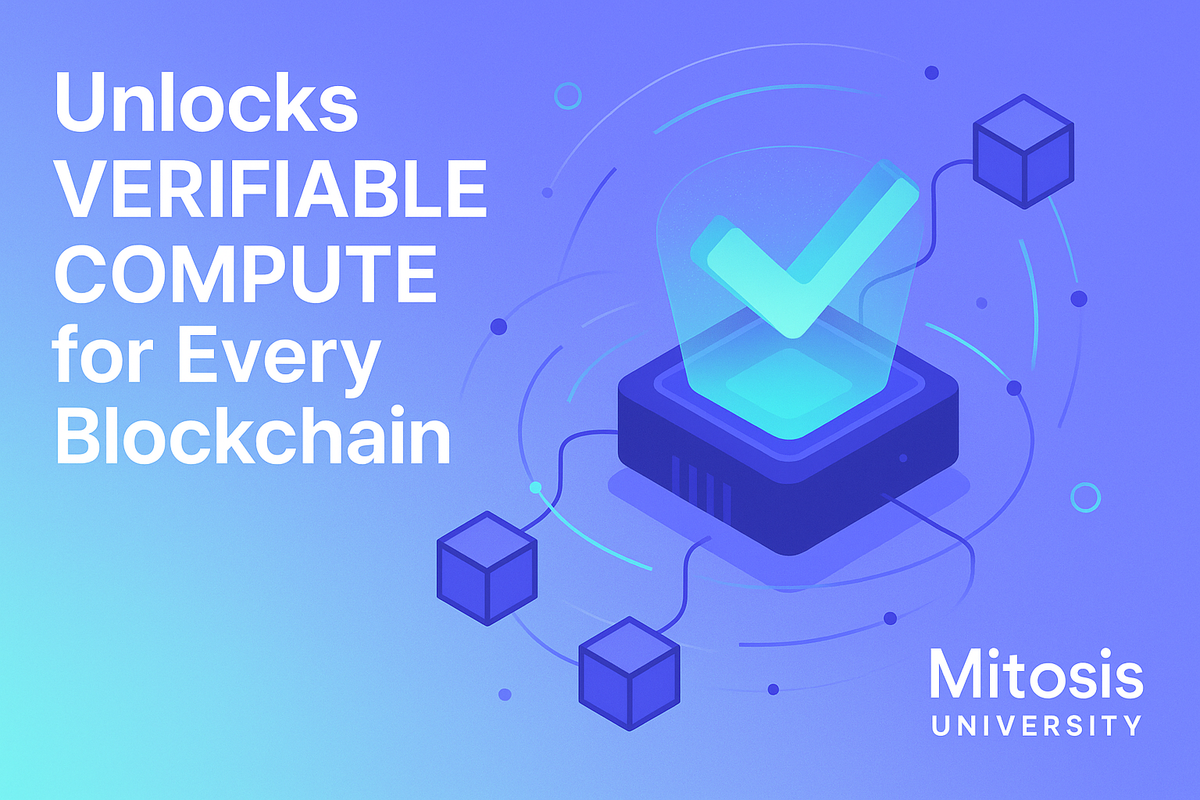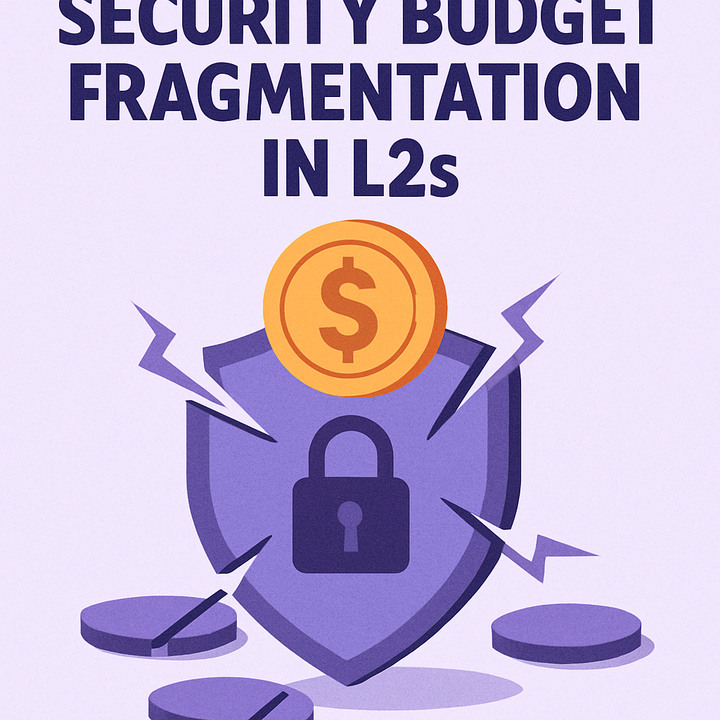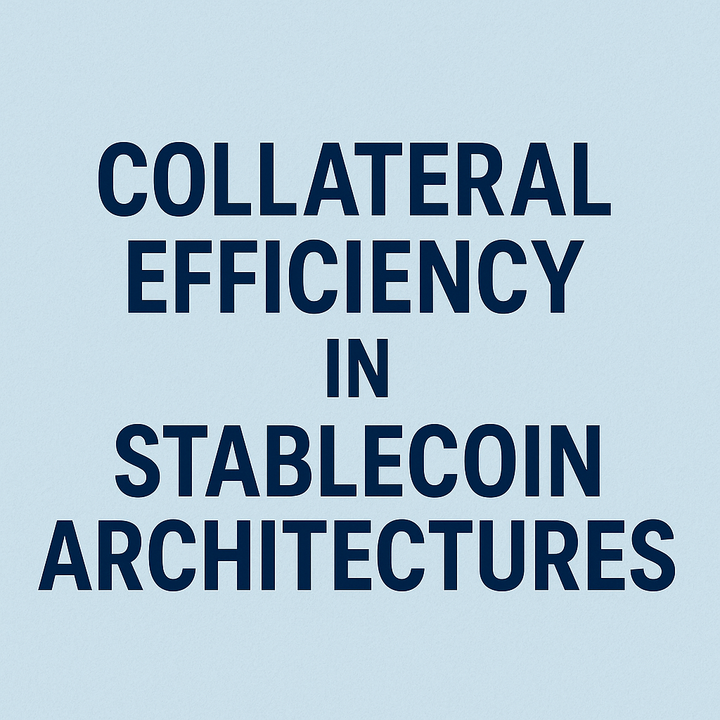How Boundless Protocol Unlocks Verifiable Compute for Every Blockchain

Blockchain technology has revolutionized trustless transactions, but its greatest strength—verifiability—comes at a steep cost: computational scarcity. Every node in a blockchain must re-execute transactions to maintain consensus, creating an upper bound on throughput and pushing innovation into costly, inefficient territory.
Enter Boundless Protocol—a breakthrough infrastructure layer designed to eliminate these constraints by turning verifiable computation into a decentralized, on-demand resource. This article explores how Boundless transforms the blockchain execution model, scales ZK compute across chains, and introduces a powerful incentive system to fuel the next generation of decentralized applications.
Rethinking Blockchain Execution: Decoupling Execution from Consensus
The Problem: Redundant Re-execution
Traditional blockchains suffer from a bottleneck: every validator must re-execute each transaction, which results in duplicated compute, capped throughput, and high gas costs. This model forces chains to operate at the pace of their slowest nodes and fragments scalability across ecosystems.
The Boundless Solution
Boundless Protocol decouples execution from consensus by allowing computation to happen off-chain, then returning a succinct ZK proof that anyone can verify on-chain at minimal cost. This flips the blockchain paradigm: computation becomes decentralized and abundant, while consensus retains its original security guarantees.
- Execution is handled by a dedicated network of prover nodes.
- Each task generates a zero-knowledge proof that’s verified by the destination chain.
- This proof verification model enables scalability without sacrificing trust.
The result? Chains escape execution ceilings, avoid needless compute replication, and preserve native consensus security.
A Universal ZK Marketplace Powered by Proof of Verifiable Work
Market Design: Demand Meets Decentralized Supply
Boundless operates as a permissionless marketplace where developers request verifiable compute, and independent prover nodes compete to fulfill those requests. This decentralized clearinghouse exists across major blockchains, enabling:
- Local contract interaction with payments in native tokens
- Spot-market or service-agreement pricing models
- Instant, verifiable settlement back on the originating chain
This approach unlocks interoperable, chain-agnostic ZK compute that integrates seamlessly into existing ecosystems.
Incentives: Proof of Verifiable Work (PoVW)
Boundless introduces Proof of Verifiable Work, a first-of-its-kind mechanism that financially rewards provers based on the complexity and accuracy of the ZK proofs they generate.
- Complexity is measured on-chain.
- Payment is proportional to the actual work done—no guesswork, no wasted cycles.
- Rewards are metered and cryptographically backed, enabling true financialization of ZK compute.
This turns ZK proofs into a natively priced, verifiable resource—fueling a permissionless economy of execution and encouraging high-quality, scalable compute.
Core Services, Ecosystem Extensions, and Architectural Edge
Built-in Services
Boundless provides a robust suite of core ZK services for:
- Proof generation and aggregation
- Data availability
- On-chain settlement
All designed to run seamlessly across chains while minimizing gas and storage costs.
Developer-Focused Extensions
Two major tools stand out:
- Steel on Boundless: A ZK coprocessor for EVM chains that offloads compute-heavy Solidity logic, aggregates data, and supports historical queries—all verifiably returned to the chain with a compact ZK proof.
- OP Kailua: A system for generating ZK fraud or validity proofs that significantly reduces finality windows for OP chains (e.g., from 7 days to 3 hours), unlocking faster withdrawals and more secure hybrid rollups.
Architectural Advantages
- On-chain verification retains the censorship resistance and security of the host chain.
- Native sequencing ensures fair bid ordering and minimal value extraction.
- zkVM execution and aggregation optimize for gas efficiency and storage reduction.
Conclusion
Boundless Protocol is a foundational advancement in blockchain infrastructure. By scaling compute without compromising verifiability, it addresses the final frontier for zero-knowledge adoption: scalable, accessible, decentralized proof generation.
Key Takeaways
- Boundless decouples execution from consensus, eliminating redundant computation.
- It introduces a universal ZK marketplace powered by on-chain measured incentives.
- Its architecture reduces gas, increases throughput, and supports multi-chain deployment with native finality.
Looking Ahead
Could Boundless represent the missing link between internet-scale applications and cryptographic security? As demand for verifiable compute grows—spanning DeFi, AI, privacy, and cross-chain systems—Boundless offers a compelling model for what’s next.


Comments ()